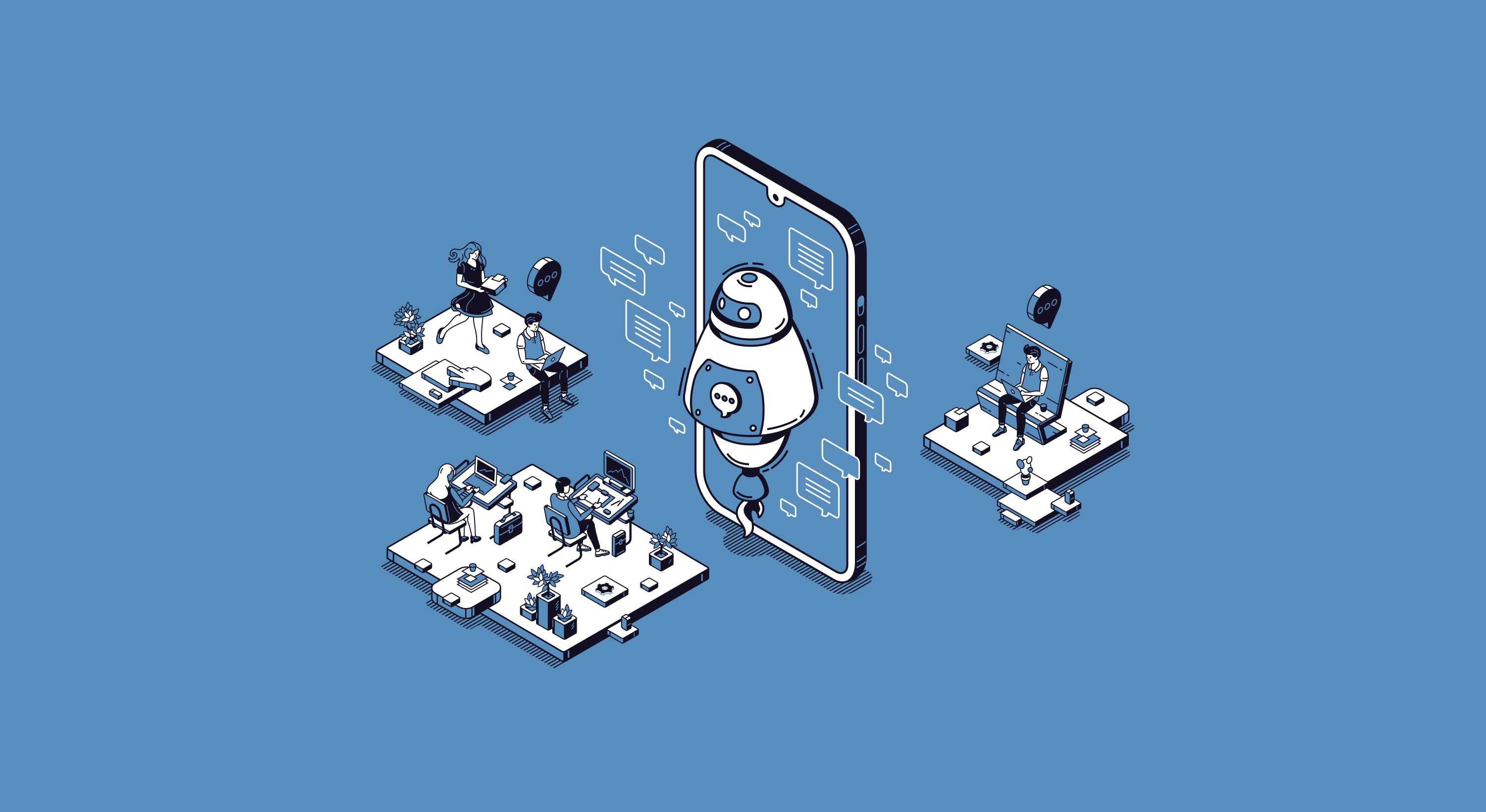Top 5 Benefits of Cloud Computing in Healthcare Industry

The role of IT in healthcare has been increasingly significant in recent years, especially with the global healthcare cloud computing market projected to reach 89.4 billion USD by 2027. IT in healthcare refers to the application of modern technology to the management of health-related data.
The growing adoption of cloud computing in the healthcare sector is one of the main factors driving the healthcare cloud computing market. This indicates that healthcare organizations are proactively incorporating cloud computing into their practices to improve patient care, optimize processes, and increase overall efficiency.
Cloud Computing in Healthcare: An Overview
The utilization of cloud computing in the medical field is firmly established. It facilitates Electronic Health Record (EHR) management. And as cloud services enable healthcare providers to efficiently manage their workloads and deliver superior patient care, they are becoming more widely used in the industry.
Better access to healthcare information is possible with cloud computing, which is advantageous for both patients and providers. In healthcare businesses, cloud computing can also lower administrative expenses and boost productivity by shifting the focus from IT infrastructure maintenance to patient care.
Top 5 Benefits of Cloud Computing in Healthcare
Healthcare organizations can reap a multitude of benefits from cloud computing. Let’s take a look at the benefits of cloud computing within the medical field.
Increased Security
Since cloud computing has strong backup and disaster recovery capabilities, it reduces the risk of data loss. Cloud-based data storage solutions provide redundancy and resilience against hardware failures and cyberattacks by replicating data across several servers and data centers. Furthermore, to prevent breaches or unwanted access to sensitive patient data from occurring, cloud service providers use advanced security features including encryption and access controls.
Reduced Costs
Providing healthcare services at a reasonable cost is possible with cloud computing. For many healthcare providers, especially ones who have tight budgets and have to be frugal with their resources, cloud computing offers a substantial financial advantage. Cloud solutions are less expensive initially and can be scaled up or down as required. Cloud computing also eliminates the need for costly software or hardware updates that are sometimes required when utilizing conventional IT systems.
Enhanced Data Processing and Scalability
Cloud computing allows healthcare workers to concentrate on patient care by automating data processing tasks including data collection, storage, and analysis. Furthermore, due to the scalability nature of cloud-based systems, healthcare institutions can adjust their computing capacity in response to demand without having to make significant infrastructure investments.
Improved Accessibility
By giving medical personnel safe, instant access to patient information, test results, and treatment plans from any location with an internet connection, cloud computing improves the accessibility of patient data. In the end, this accessibility improves patient care and happiness by encouraging teamwork among healthcare professionals and facilitating prompt decision-making.
Accelerated Clinical Analyses and Processes
Cloud-based solutions allow medical professionals to work more productively on clinical analyses and care procedures. Healthcare institutions can process massive amounts of patient data quickly by utilizing the cloud’s potent computing resources. This expedites diagnosis and treatment decisions, which results in positive patient outcomes.
Use Cases of Cloud Solutions in Healthcare
Microsoft
Microsoft is renowned for producing a wide range of software programs, many of which are used in the medical field. Azure is a cloud-based platform that can be used to monitor patient insights and analytics completely within the cloud when combined with AI and IoT technology. HoloLens 2, another Microsoft product, allows the wearer to see holographic images that include any information that is saved in the cloud. In order to assist with diagnosis, procedures, and treatment, this gibves healthcare providers access to patient data and cooperative resources.
Pfizer
Since 2016, Pfizer, a biotechnology and pharmaceutical corporation, has used cloud services for its initiatives. The firm rose to prominence when it collaborated with BioNTech to produce COVID-19 vaccine. The business recently started collaborating with Amazon Web Services to develop cloud-based solutions with the goal of streamlining and expediting the clinical trial testing development, manufacturing, and distribution processes.
TigerConnect
TigerConnect is a cloud-based software firm that offers healthcare professionals a messaging platform that complies with HIPAA regulations. Users can send messages, records, patient data and documents back and forth on this digital platform. Physician-on-call scheduling is one use case of this program and it is made possible by a scheduling system that can almost rapidly generate a full year’s worth of schedules.
Wrap Up
Cloud computing offers healthcare institutions scalability, agility, and cost-effectiveness whether your organization is striving to develop innovative applications or just wants to streamline medical operations.
Consider going cloud-native? Schedule a consultation with Axalize to discover the comprehensive suite of services that can help you achieve your business goals.


